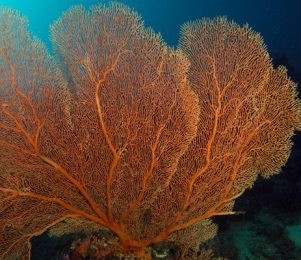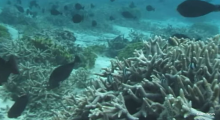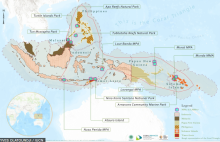
The world’s oceans continue to absorb fossil fuel emissions and heat from the atmosphere, causing them to become warmer and more acidic. This has impacted several marine species and ecosystems, most notably hard-bodied stony corals that are sensitive to changes in temperature and seawater chemistry. And now, a recent study suggests that when similar climate conditions have arisen throughout Earth’s history, these reef-building behemoths have disappeared and soft-bodied corals and anemones have taken their place.









